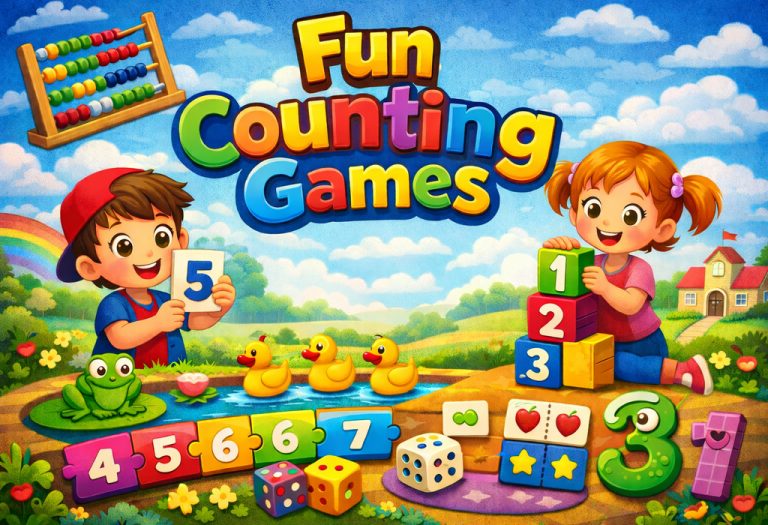Your 29 Week Old Baby – Development, Milestones & Care

By the age of 29 weeks, your baby is well-acquainted with her surroundings and can respond to basic external stimuli like sound. But that’s not all; you might find a situation where she can be a tad bit demanding with her requests and will make no qualms about letting everyone know it. Are all these normal? Through this article, we shall guide you through what you can expect from a 29-week-old baby. At this stage, a 29-week infant typically exhibits increased curiosity, reaching for objects and exploring them with newfound dexterity. They may also show emerging social behaviors, such as smiling responsively and seeking interaction with caregivers. Understanding these developmental milestones can help parents navigate this stage with confidence and joy.
A 29 Week Old Baby’s Development
You can expect a 29-week old baby growth spurt that can be seen as switching into full gear. This can be on different counts. The most prominent are the milk teeth, making their presence felt to the world. Your little one could have as many as three tiny teeth jutting out. You may notice that they are often a little crooked and not in perfect alignment. This is not a cause for concern as this self-corrects over the course of time. Through regular practice, your baby’s hand-eye coordination is also likely to have improved dramatically. Additionally, all that crawling you’ve put her through has paid off, and you will notice that her legs are much stronger.
But it isn’t just physical developments that you notice during this time. Firstly, she is likely to grasp the meaning of simple words such as yes and no. Don’t be surprised if she responds to them verbally. However, this response may not be the most refined in some instances. Secondly, you can expect her to develop moods such as happiness and sadness based on the circumstances. Lastly, her awareness of the environment around her would have expanded, and she would be able to differentiate between day and night.
[Also Read: 7 Months Old Baby Development]
A 29 Week Old Baby’s Milestones
Some of the baby milestones that you can expect your baby to have completed are the following:
- With a strong muscular system, your baby can sit upright and stand up. However, this standing up is limited to being able to do it only with your support. While some prodigies may have mastered the art of standing without any help, it is unlikely that they can walk or even cruise at this time.
- Your baby’s vocabulary is basic and may even be felt as non-existent to some observers. However, you would not be wrong if you realised that what seems to be mindless baby babble is a language in itself. This means that your baby is well on her way to start communicating with you soon.
- A 29 week old baby being fussy isn’t exactly a milestone in itself. However, it does indicate that she is learning the concept of distances between herself and her mother. There are largely two ways that parents go about this. While some believe that letting the baby cry it out will help them attain independence, others say that an immediate response will have long-term benefits as the child feels emotionally grounded.
[Also Read: 7 Months Old Baby Milestones]
Feeding
By this time, your baby is already grown up for the most part. You may already be giving her a steady diet of purees which are easy to eat and digest. However, now is the time to go the extra step of offering finger foods. These include healthy and easy to consume options like steamed vegetables. You can lay out a couple of foods in front of your baby and let her decide which taste suits her palette. One thing to be remembered before going ahead with this is that kids during this age still have a strong gag reflex. This action can sometimes be confused for choking, please bear this in mind while feeding your kids.
[Also Read: 7 Months Old Baby Food]
Sleeping
A 29-week-old baby’s sleep can sometimes be uninterrupted for long periods of time. However, there are instances where broken sleep is very much in the cards, even during this time. Some of the reasons include:
- Teething: As your baby grows milk teeth, she may experience pain. This will affect her sleep cycle and can lead her to stay awake at night.
- Night feeding: While many babies may no longer need night feeding, others would still insist on this. This is normal, and you must gradually wean the baby off this.
- Physical developments: As your baby grows rapidly, the brain is also developing. A study has shown that when a baby learns to crawl, it deeply affects the sleep cycle.
[Also Read: 7 Months Old Baby Sleep]
A 29 Week Old Baby’s Care Tips
- Avoid using baby walkers for your little one. Though it may seem like it is helping, this assistance is an illusion. It is counterproductive as it prevents your baby from fully using her muscles, which leads to poor development and, in turn, delayed walking. Another problem associated with baby walkers is the probability of causing accidents. Babies get very curious during this stage, and the wheels attached make the device accident-prone. For instance, a baby walker may let the baby venture too close to the stairs unassisted, leading to an unfortunate accident.
- A 29-week-old baby is likely to be enamoured by just about anything that she can get her hands on. Expensive china, porcelain dishes, and crystal glasses would evoke a special interest, which may lead to the baby unwittingly breaking or damaging them.
- Ensure you lock all the low-level cupboards and drawers containing valuable or poisonous items within your baby’s reach. Do not underestimate your baby’s dexterity when it comes to using her hands.
- Due to teething, there can be a case of mild fever for your baby. You can try feeding her some cold foods for relief, but make sure to consult your doctor, too.
- Cover all electrical outlets with scotch tape so that your baby does not receive shocks.
- Numerous instances may occur where you are forced to say “NO” as your baby gets increasingly active. While this is not an issue, continually saying no may lead the baby to start resenting the word or even ignoring you completely. Instead, you can try distracting her, which can build her curiosity while stopping her from doing whatever it is that you want to say no to.
Products That a 29-Week-Old Baby Needs
Introducing products suitable for a 29-week-old baby can make navigating parenthood smoother. At this stage, your little one is likely becoming more active and interactive, so it’s essential to have the right tools to support her development and well-being.
1. Interactive Toys
As your baby’s curiosity grows, toys that engage her senses and encourage exploration become increasingly important. Look for toys with bright colors, different textures, and sounds to stimulate her cognitive and sensory development. Toys allowing manipulation and problem-solving, such as stacking rings or activity cubes, can also help foster fine motor skills.
2. Baby Safety Gear
With your baby becoming more mobile, ensuring a safe environment is paramount. Invest in safety gates to block off stairways or rooms that pose potential hazards. Cabinet locks and outlet covers help prevent accidents as your little one begins to explore drawers and electrical outlets. Additionally, anchoring furniture like bookshelves or dressers to the wall can prevent tipping accidents as your baby starts pulling up and cruising.
3. Feeding Supplies
Whether you’re breastfeeding, formula-feeding, or starting to introduce solids, having the right feeding supplies can streamline mealtime. For breastfeeding, consider investing in a comfortable nursing pillow and nursing pads for leakage. For bottle-feeding, stock up on bottles with slow-flow nipples suitable for your baby’s age. As you introduce solids, high chairs with adjustable features can provide a safe and comfortable space for your baby to eat. Bibs and burp cloths are also essential for managing messes during feeding times.
Tests and Vaccinations
Some of the standard vaccinations that need to be done during this time include:
- DTaP
- Hepatitis B
- Hib
- Rotavirus
You can get a tuberculosis test done, too, if one or more household members have active tuberculosis.
Games and Activities
1. Swimming
Did you know that babies love to swim? They can start as early as 6 weeks, and are great at it! It helps to improve balance, muscle coordination, and overall muscle development. However, parents may be hesitant, and rightly so. There are a few things that can be done to put you at ease. Firstly, make sure that you take your baby only on a warm day. Babies are sensitive to temperatures, and anything below 29 degrees Celsius may lead to shivering. Secondly, put your baby in the water only for 10 minutes at a time, which can later be stretched out to 30 minutes. The moment you see her shivering, bring her out of the water, and dry her with a towel. Bring a warm bottle of milk as well.
2. Find the Ball
This is a simple game that can be played indoors, and helps in improving visual recognition. Take a ball that your baby loves, and hide it in the vicinity. The hiding spot should be simple, and she will be thrilled the moment she spots the ball!
[Also Read: 7 Months Old Baby Games and Activities]
When to Consult a Doctor?
Consult your paediatrician if your baby:
- Has a very high temperature that shows no signs of subsiding.
- Exhibits no emotions or expressions towards known people.
- Does not talk much and stays aloof, rather than being playful or active.
FAQs
1. Why does my 29-week-old baby prefer one hand over the other?
At this stage, babies are beginning to develop hand dominance, which can manifest as a preference for using one hand more than the other. This is a natural part of their motor development as they refine their fine motor skills. Encourage both hands’ use through activities that promote bilateral coordination, such as playing with stacking toys or reaching for objects with both hands.
2. Should I be concerned if my 29-week-old baby isn’t babbling yet?
While babbling typically emerges around this age, babies develop at their own pace. Some babies may take longer to start babbling, and this variation is entirely normal. However, if you notice significant delays in your baby’s language development or other developmental milestones, it’s essential to discuss your concerns with your pediatrician to rule out any underlying issues and explore early intervention options if needed.
These are the basics that you need to know about a 29 week old baby’s growth and development. Enjoy this time with your little one, and capture your best moments with her on camera or in a journal!
References/Resources:
1. Your baby’s developmental milestones at 6 months; UNICEF; https://www.unicef.org/lac/en/parenting-lac/nurturing-care/babys-developmental-milestones-6-months
2. Important Milestones: Your Baby By Six Months; Centers for Disease Control and Prevention; https://www.cdc.gov/ncbddd/actearly/milestones/milestones-6mo.html
3. Your baby’s growth and development – 6 months old; Pregnancy, Birth and Baby; https://www.pregnancybirthbaby.org.au/babys-growth-and-development-6-months-old
4. Suni. E, Vyas. N; How Much Sleep Do Babies and Kids Need?; Sleep Foundation; https://www.sleepfoundation.org/children-and-sleep/how-much-sleep-do-kids-need
5. Starting Solid Foods; American Academy of Pediatrics; https://www.healthychildren.org/English/ages-stages/baby/feeding-nutrition/Pages/Starting-Solid-Foods.aspx
6. Baby Development at 4-6 Months; Children’s Hospital of Orange County; https://www.choc.org/primary-care/ages-stages/4-to-6-months/
7. Baby’s Babbles: What is Babbling and When Will It Start?; Pathways.org; https://pathways.org/babbling/
Previous Week: 28 Weeks Old Baby
Next Week: 30 Weeks Old Baby
Was This Article Helpful?
Parenting is a huge responsibility, for you as a caregiver, but also for us as a parenting content platform. We understand that and take our responsibility of creating credible content seriously. FirstCry Parenting articles are written and published only after extensive research using factually sound references to deliver quality content that is accurate, validated by experts, and completely reliable. To understand how we go about creating content that is credible, read our editorial policy here.








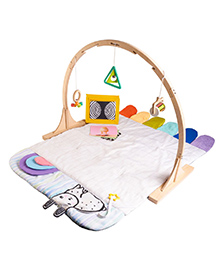
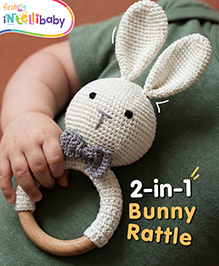
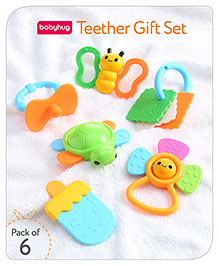
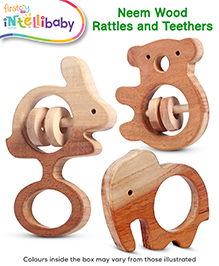
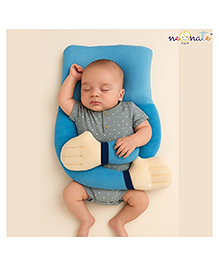
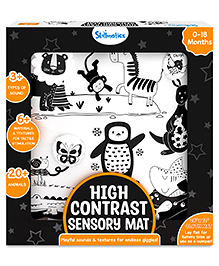
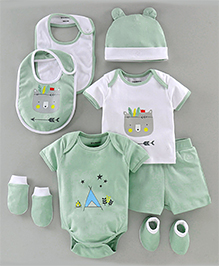

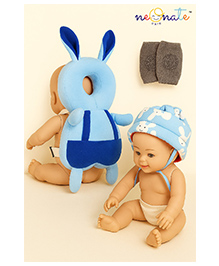




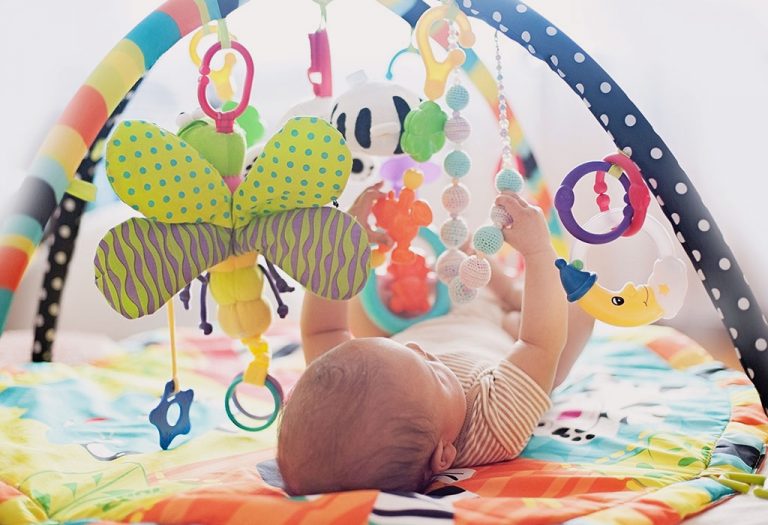
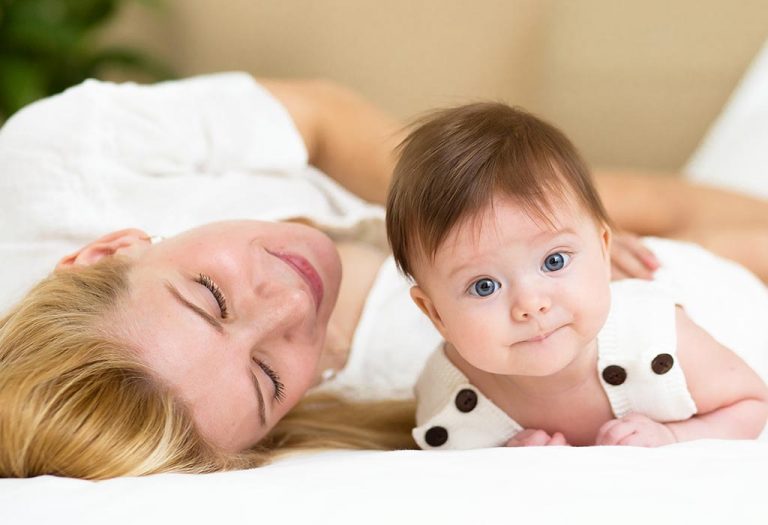
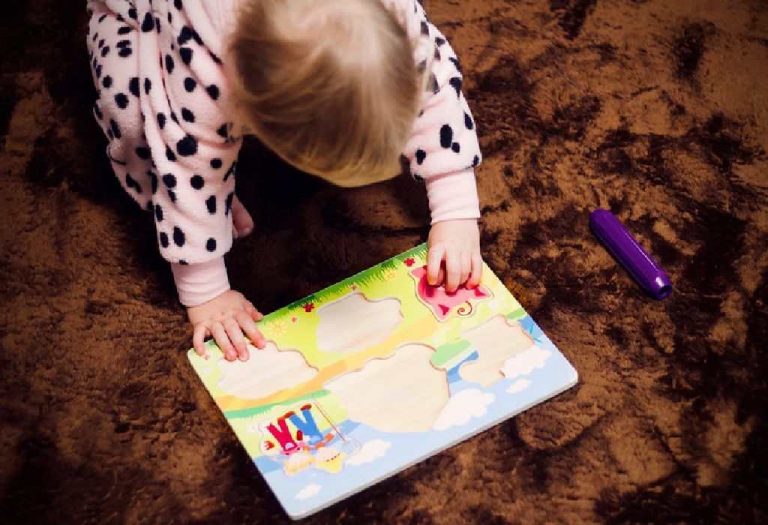

.svg)









